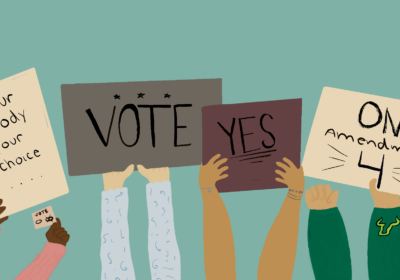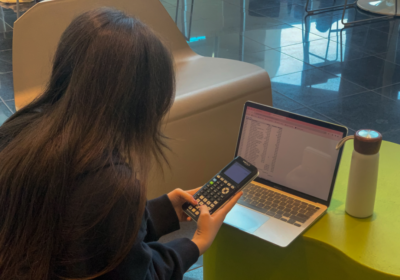Voter ID laws should not be used to restrict student votes
According to an analysis by the Center for Information and Research on Civic Learning and Engagement, about 60 percent of voting-eligible Americans between the ages of 18 and 24 actually voted in the 2008 elections.
Despite the need to protect against voter fraud, the recent state crackdown on voting through voter Identification laws should be used to maintain order and integrity of elections rather than to restrict certain demographics, including students, from voting.
A 2009 Project Vote report on voters in the 2008 elections found that less than half of 18-year-olds even registered to vote.
According to Jon Sherman, an attorney with the Voting Rights Project of the American Civil Liberties Union, there are more obstacles for student voters and that it is much more challenging for this demographic to vote, which is especially daunting given the obstacles students already face in getting to the polls.
Opponents of voter ID laws claim that Republicans and other right-wing officials use them to suppress certain demographics, including students and minorities, from voting. And though there is no statistical evidence to bolster such claims, the resulting burden on these groups is clear.
New Hampshire House Speaker William OBrien said in 2011 to a Tea Party Group that students are foolish and tend to vote (with) their feelings, which means that they favor voting as a liberal, according to the New York Times.
The voter ID laws vary nationally.
In Tennessee, for instance, only specific forms of photo ID are accepted, and student photo ID is not one of them. On the other hand, in Missouri, even certain non-photo ID is accepted.
But with recent calculations from the Secretary of the Commonwealth in Pennsylvania that about 9 percent of the population, or about 758,939 people, could be barred from the presidential election because of a voter ID law signed by Gov. Tom Corbett and supported by the GOP, the issue becomes increasingly problematic.
In Mississippi, pending legislation will require voters to present proper photo ID to vote but allows voters to obtain voter ID cards if they present birth certificates which by law, can only be obtained with presentation of valid photo ID.
In Florida, where a photo ID is required, federal officials have sued the state in an attempt to prevent the erroneous of barring citizens from voting.
Voter ID laws, ordinarily touted as a means of preventing fraud and securing the most accuracy from elections, appear to have progressed into a politically implemented obstacle for voters.
In light of the recent backlash by students against tuition hikes, student loan increases and other burdens, the significance and impact of that demographic is apparent.
The student vote is especially crucial and attempting to suppress it for political party affiliations detracts from the sanctity of elections.






